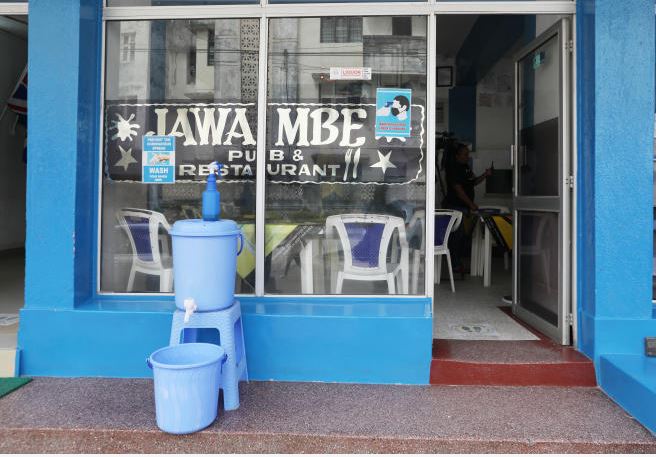×
The Standard e-Paper
Stay Informed, Even Offline

Jawambe Bar and Restaurant in Mombasa. [Omondi Onyango, Standard]
President Uhuru Kenyatta yesterday announced new stringent containment measures even as most of Covid-19 goodies instituted to cushion households against the negative effects of the pandemic lapsed.